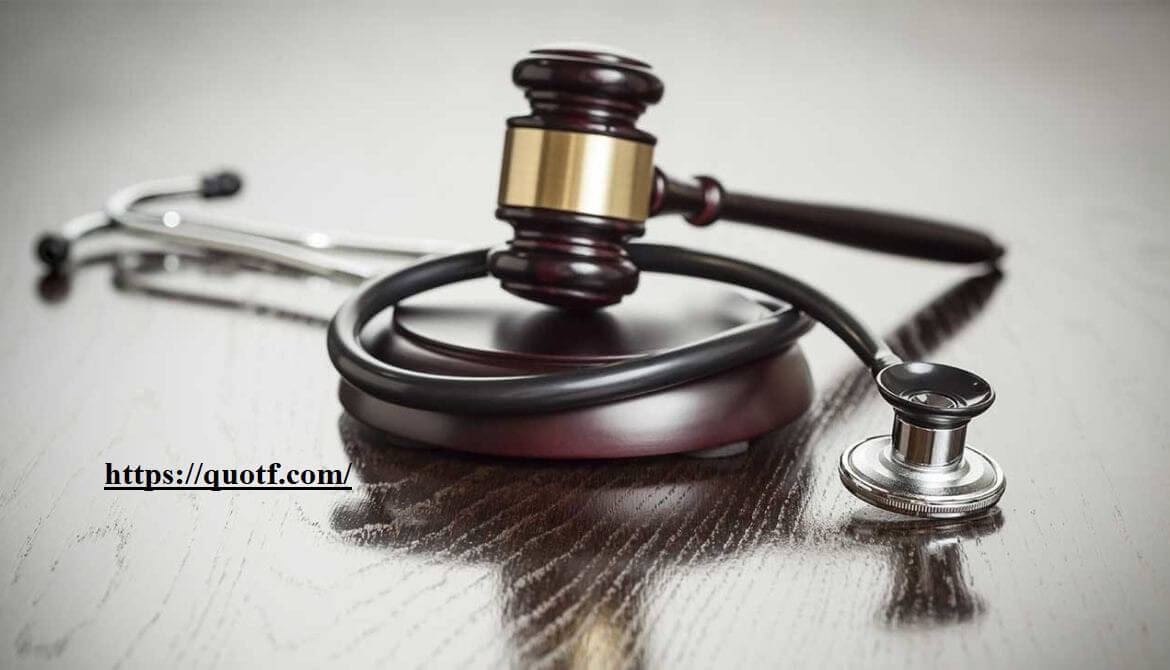The Top Four Reasons for a Medical Negligence Claim

As a blog friendly to people with chronic illnesses, here we take diagnosis and healthcare very seriously. The NHS is a wonderful thing, and as a country we have so much to be thankful for with regard to our brilliant health service and its accessibility by just about everyone – however, on extremely rare occasions, things can go wrong – and in those cases, it’s important to know what resources are available to you.
Since 2012, around 11,000 negligence claims have been made against the NHS per year. While many of those were successfully countered or overturned, a significant portion represented valid claims of medical negligence against the healthcare provider; those claims consist of four particularly common reasons, which we’d like to explore here today.
Misdiagnosis
Medical misdiagnosis is likely the most common kind of negligence people will experience in the course of care. Diagnosis can be difficult even at the best of times, but misdiagnosis – or missing completely – a severe illness or condition can lead to reduced quality of life or even life-threatening consequences. In the most extreme cases, a GP might miss obvious signs of cancerous growth, leading to its spread and a worse prognosis for the patient, where it may have been more easily treatable if caught earlier.
Birth and Pregnancy Injuries
Birth and pregnancy injuries accounted for half the total value of compensation given out by the NHS in 2018-19, despite representing 10% of all cases. These types of claims are particularly high-cost as a result of the high cost that can be caused by negligence towards a new-born or pregnant person, in the form of lifelong conditions or diseases. Poor handling of a baby during delivery can result in birth trauma, itself leading to potentially irreversible nerve damage, or lack of oxygen resulting in conditions such as cerebral palsy.
Surgery Errors
Surgical errors are another sadly-common form of negligence, and can have catastrophic consequences depending on the incident – but they are also easier to prove through the stringent legal process, making it more likely you receive justice in filing a medical negligence claim. Surgical errors present in a wide range of ways, from the accidental leaving foreign bodies in the surgery site to non-consensual procedures and even egregious mistakes in surgery.
Medication Errors
Lastly, errors in medication make up a considerable number of medical negligence claims in the UK, again owing to the sheer volume of UK citizens that visit GPs for medication per year. Medication errors tend to involve the over-, under-, or mis-prescription of medication. Your GP might make a mistake in prescribing the dosage of a medicine, resulting in severe side-effects – or your GP might have missed your current prescriptions, and prescribed you a medicine known to react badly to medications you already take. Any one of these could cause you to suffer injury, or otherwise impede your recovery.





